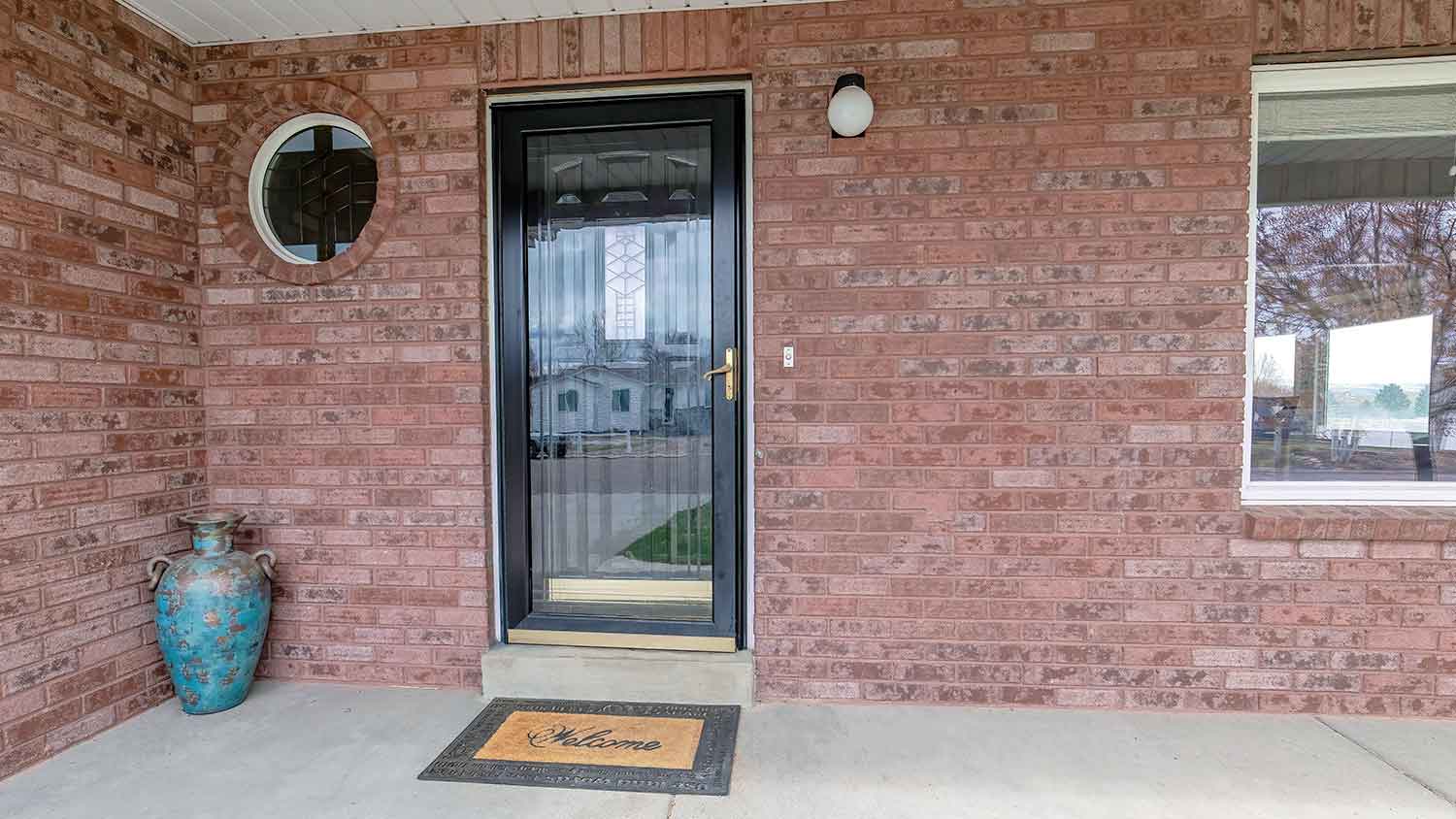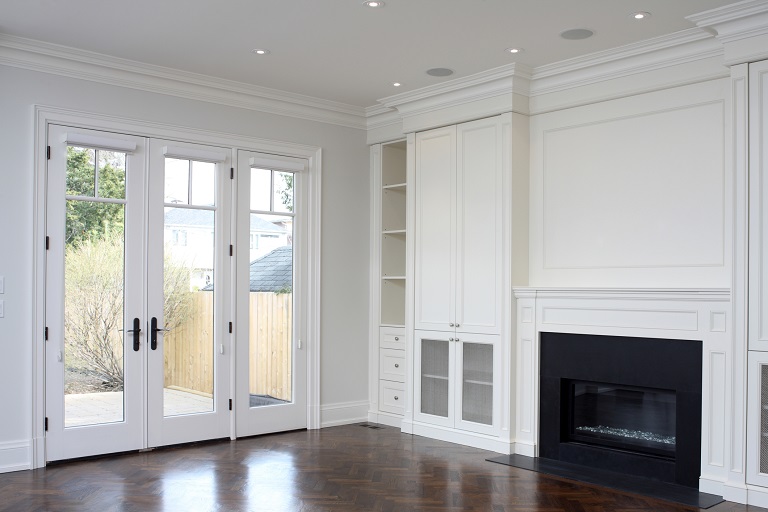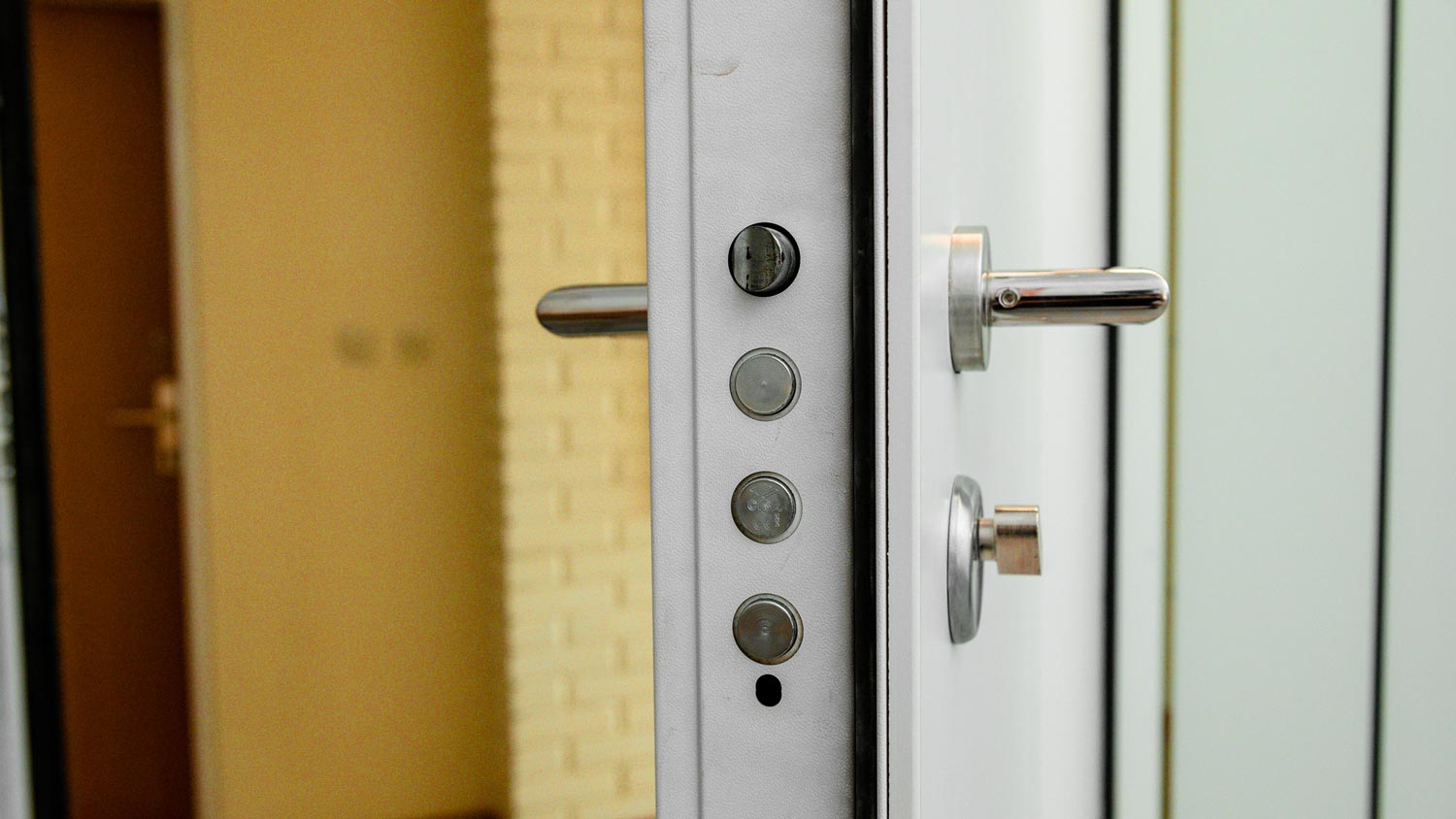
Sliding glass door repairs help maintain security, efficiency, and smooth operation. Regular upkeep and professional service prevent costly future problems.
The average cost to install a screen door is $300


Expect to pay between $75 and $2,500 for screen door replacement, with most homeowners spending $300 on a standard door.
Door size, materials, and frequency of replacement are key cost factors.
Budgeting properly and hiring a professional door installer ensures accurate installation and long-term performance.
A well-installed screen door enhances airflow, pest control, and energy efficiency.
This article was updated using automation technology and thoroughly reviewed for accuracy by HomeAdvisor Editor Ryan Noonan.
Installing or replacing a screen door can cost anywhere from $75 to $2,500. Most homeowners pay between $100 and $1,500, with an average of $300 for a standard door. Factors like door size, materials, mesh type, labor costs, and frame type will influence the price. Hiring a screen door professional ensures proper installation and lasting results.
Several variables shape what you’ll pay for a screen door. Below are the key price drivers to consider.
Size, frame material, and mesh all influence the price of a replacement door. A basic magnetic model starts at $30, while premium versions can cost up to $2,500. Plan on spending an additional $50 to $200 for labor.
| Screen Door Type | Description | Average Cost |
|---|---|---|
| Sliding screen door | Relies on a track system that allows the door to slide open and closed horizontally. Ease and affordability make this the most common option for doors leading to patios and decks. Sliding screen doors are placed in front of exterior sliding glass doors. | $175 |
| Garage screen door | These spring-loaded, retractable doors keep pests out of the garage while allowing fresh air and light to flow in. | $900 |
| Hinged screen door | Also known as a swinging door, a hinged screen door is a storm door that's attached to the hinges of the door frame in front of the main door. | $200 |
| Magnetic screen door | These hands-free doors are made of magnet-infused mesh that forms a seal, keeping out bugs and pests while allowing humans to pass through. While they provide privacy and pest control, these doors are not secure. | $30 |
| Retractable screen door | Capable of being rolled or folded into the door frame, this design is an option for fresh air and bug control. | $800 |
| Pet screen door | Scaled for the dimensions of a "doggie" door, this option is made from a high-impact plastic frame and durable mesh. | $90 |
| Security screen | While still allowing for light and air circulation, security screens have strong, reinforced steel or metal mesh to prevent breaches. | $350 |
The cost of replacing a screen door will depend on the material used in the door frame. Aluminum is the least expensive, but some people prefer the warmth of a more expensive wood design.
| Frame Material | Average Cost |
|---|---|
| Aluminum | $75 |
| Vinyl | $110 |
| Wood | $200 |
| Steel | $200 |
The mesh used in the screen may also affect the actual screen door cost. Consider the material and the weave patterns when choosing your mesh. If you want a tight weave with smaller openings, expect to pay 10% to 20% more than for mesh with a standard weave.
| Mesh Type | Cost per Square Foot |
|---|---|
| Fiberglass | $0.25 |
| Aluminum | $0.35 |
| Copper | $1.20 |
| Brass | 2.15 |
| Solar | $7.50 |
| Bronze | $1 |
Storm doors cost $250 for a standard (single) exterior door and $400 for a larger version. They include a pane of glass over the mesh screen for added weather protection. Hiring a local storm door installer may add $50 to $100, and the job takes about an hour.
On the other hand, security screen doors use sturdy steel frames, which are stronger than standard storm door frames made from aluminum, vinyl, or wood. They may also feature puncture-resistant mesh and decorative steel bars that run vertically and horizontally, making it nearly impossible for someone to push through the screen and enter your home. These additional features increase the cost compared to storm screen doors.
If you're looking to repair an existing screen door, the cost will often be much less than buying a new one. You can rescreen it yourself, or you may need to hire a professional to do so. On average, door repairs cost $150. Repairs are best for doors with minimal damage that are in relatively good condition.
If your screen door is severely damaged or outdated, replacement is often a wiser long-term solution. Replacing an existing screen door involves a few additional costs beyond the new door itself. Removing and disposing of the old screen door costs $125. Installing the new door averages $300.
By installing the door yourself, you could save $100 to $150 that a pro would charge for labor. However, improper installation can lead to issues such as misalignment, sticking, and drafts, which can result in costly problems down the line. Hiring a local professional screen door installer helps you avoid common mistakes and ensures a smooth, snag-free operation.
Installing a screen door is more than just a functional upgrade—it's an investment that can increase your home's value. A quality screen door delivers a 75 to 85% return on investment when you sell your home. Beyond the financial benefits, screen doors enhance curb appeal, improve energy efficiency by allowing natural ventilation, and provide an extra layer of security.
Potential buyers appreciate these practical features, especially in regions with pleasant weather where indoor-outdoor living is valued. For maximum value, choose materials that complement your home's architectural style and ensure professional installation for a polished, lasting result.
No place is more important than your home, which is why HomeAdvisor connects homeowners with local pros to transform their houses into homes they love. To help homeowners prepare for their next project, HomeAdvisor provides readers with accurate cost data and follows strict editorial guidelines. After a project is complete, we survey real customers about the costs to develop the pricing data you see, so you can make the best decisions for you and your home. We pair this data with research from reputable sources, including the U.S. Bureau of Labor Statistics, academic journals, market studies, and interviews with industry experts—all to ensure our prices reflect real-world projects.
From average costs to expert advice, get all the answers you need to get your job done.

Sliding glass door repairs help maintain security, efficiency, and smooth operation. Regular upkeep and professional service prevent costly future problems.

If you’re planning to install a sliding glass door, consider budgeting using our project cost guide.

Budget for barn door installation costs based on factors such as materials, door type, door size, hardware, professional labor, and more.

Wondering who installs storm doors? Compare storm door installers and handypersons, see the pro process, and know what to ask before you hire

ho installs French doors? Learn which pros to hire, how they do it, and what installation costs to expect so you can plan with confidence.

Who installs fire doors? Learn which door installation experts to hire and what qualifications to look for before you book a pro.